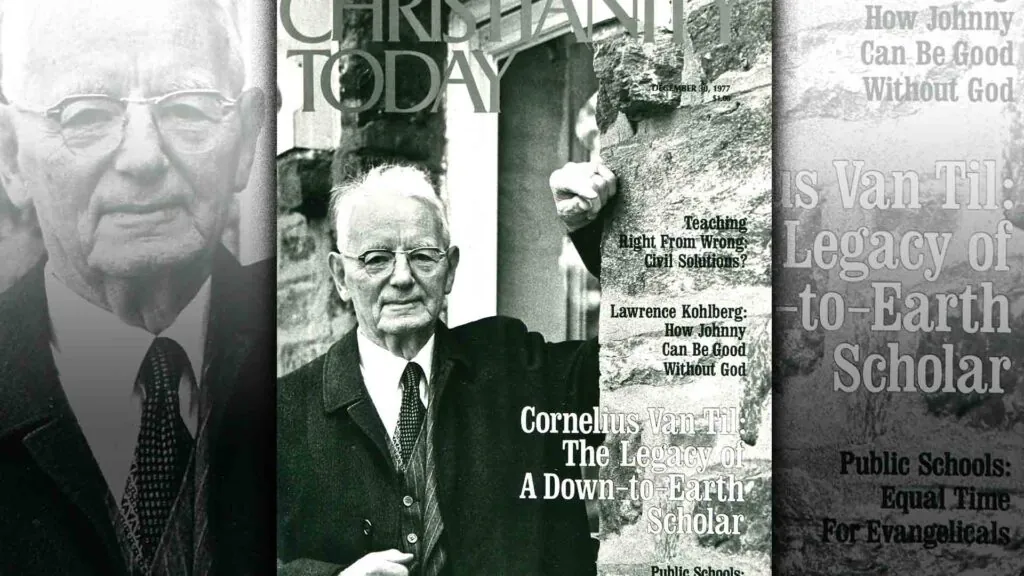The importance of “social trust”
What can we do when people stop trusting? One common approach is to outsource trust to the government. Get the government to inspect, certify, and license folks to prove they are trustworthy. The problem here is that this makes trust an expensive commodity: licenses, inspections, and certifications all cost money and time. And it also presupposes that the one entity we can trust is our government, and their competence to be able to assess everyone else.
The video supposes we can turn the tide by being trustworthy ourselves. That’s a start, certainly, but while that would benefit your customers, it wouldn’t benefit your interactions with the rest of your untrustworthy society. What this video is calling for then (though it doesn’t know it) is revival. Only God can change hearts en masse!
It’s a young world after all
On offer here, four evidences of a young solar system.
11 things to know when Jehovah’s Witnesses are at the door
They might present themselves as Christian, but they believe in a very different God.
How do we give hope and help to women who struggle with postpartum depression?
Two biblical counselors offer hope in this 30-minute podcast that’s also available as a 15-minute read.
Are the “5 Love Languages” real?
Gary Chapman’s 1992 bestseller The Five Love Languages proposed that there are 5 very different ways that people express love, and that we could all get along better if we understood each other’s primary love language. I had a friend who benefitted from the book when she realized that while she appreciated physical affection – she was a hugger – her mom just wasn’t. But, she’d often buy her daughter presents. Chapman’s book helped my friend realize how often her mom was thinking of her, how much her mom did indeed love her, even though her mom never gave her an encouraging hug. So, for some the book was quite impactful.
But further study finds that while we might have different tendencies, our “love languages” aren’t as distinct as the book made them seem. Even my friend’s dear ol’ mom, who wasn’t a hugger, might have appreciated a hug.
Why Christians need to stop using the term “same-sex attracted”
English professor and former homosexual Rosario Butterfield explains that we should not identify with our sins. She is not speaking primarily to Christians who are simply using this term for the sin they are struggling with (though she has thoughts for them too). Rather, this is directed more at Christians who, though they might be remaining chaste, are claiming same-sex attraction as a part of their identity.











